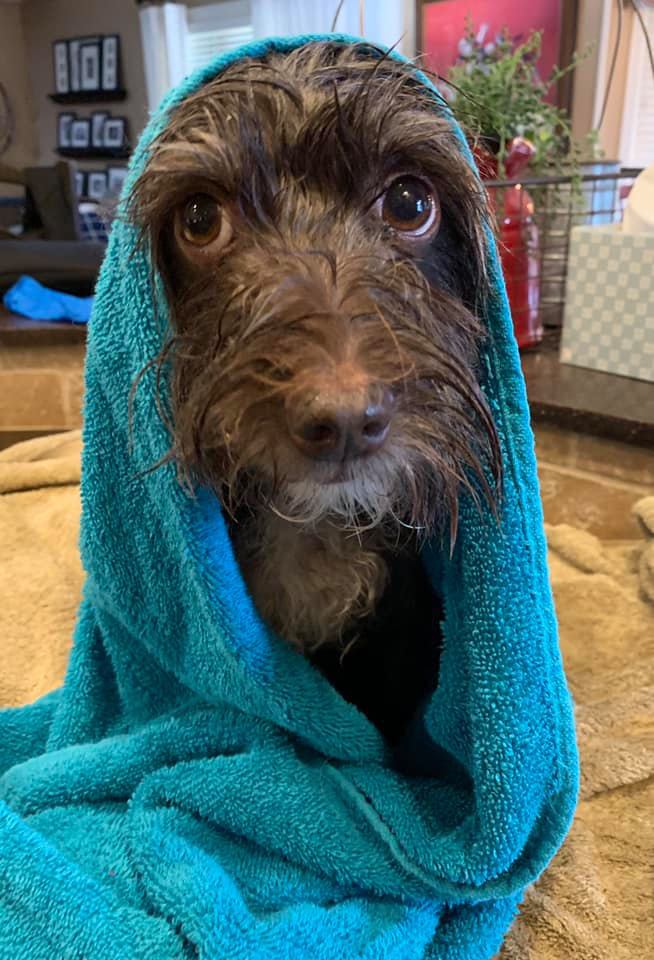There is an ongoing debate about the best way to rescue dogs and bring attention to the horrible conditions that roughly 2 million dogs live in. The commercial breeding industry, also known as puppy mills, is a barbarous industry that is only motivated by greed. (Click here to see a map of the puppy mills located in Missouri alone.)
One of the most passionately debated ways of rescuing dogs is by purchasing them at auction. Some suggest that those rescues who purchase dogs at rescue aren't really rescues and are somehow in it for the money. If you are a dog owner, how would you feel if your pet were forced to live in a cage (sometimes too small) for its entire life? Instead of receiving your love and affection, your dog was abused and malnourished?
Puppy mill operators are only interested in their dogs—sometimes dozens—doing one thing: make more puppies. If they can do it in an easier and cheaper way, they will. Even at the expense of the dog's welfare. So we go to auctions to rescue as many dogs out of a harmful situation as we can. An argument we hear often is that we're giving these puppy mill owners more money to feed their greed. We're only perpetuating the cycle.
Let's look at the size of the commercial breeding industry. There are approximately 2 million dogs in almost 2,500 commercial breeding operations in the United States. Together they generate about $2 billion every year.
Out of those 2 million dogs, only about 7,500 dogs are sold at auction in a given year (in the entire nation). It is estimated that only 20 percent of dogs that go to auction are purchased by rescues. So, our best-case scenario is that 1,500 dogs are rescued out of that vicious and miserable world. Every other dog goes to another puppy mill.
When these dogs get out of their cages for the first time in their life, they often don't know what to do. When they are put on grass, they often won't move from fear . . . they don't know what grass is, or what it means to be out of their cages.
